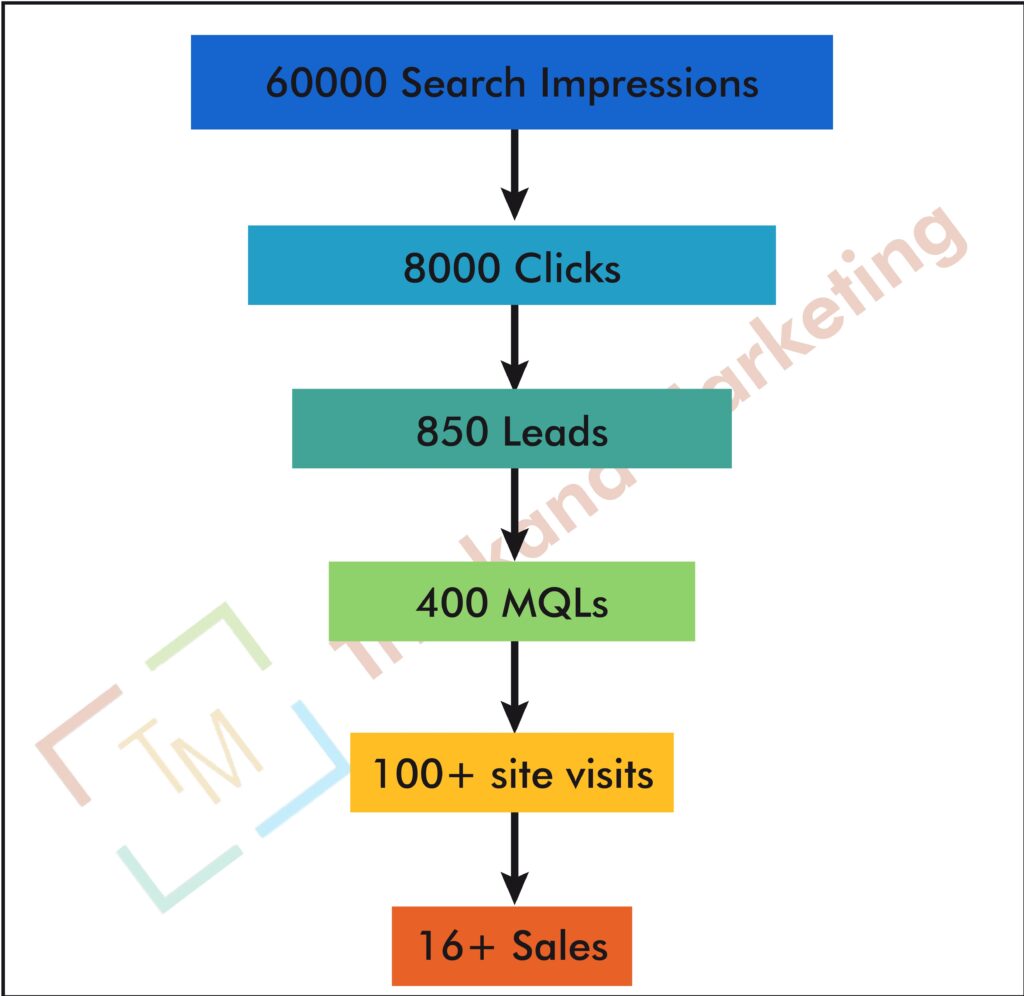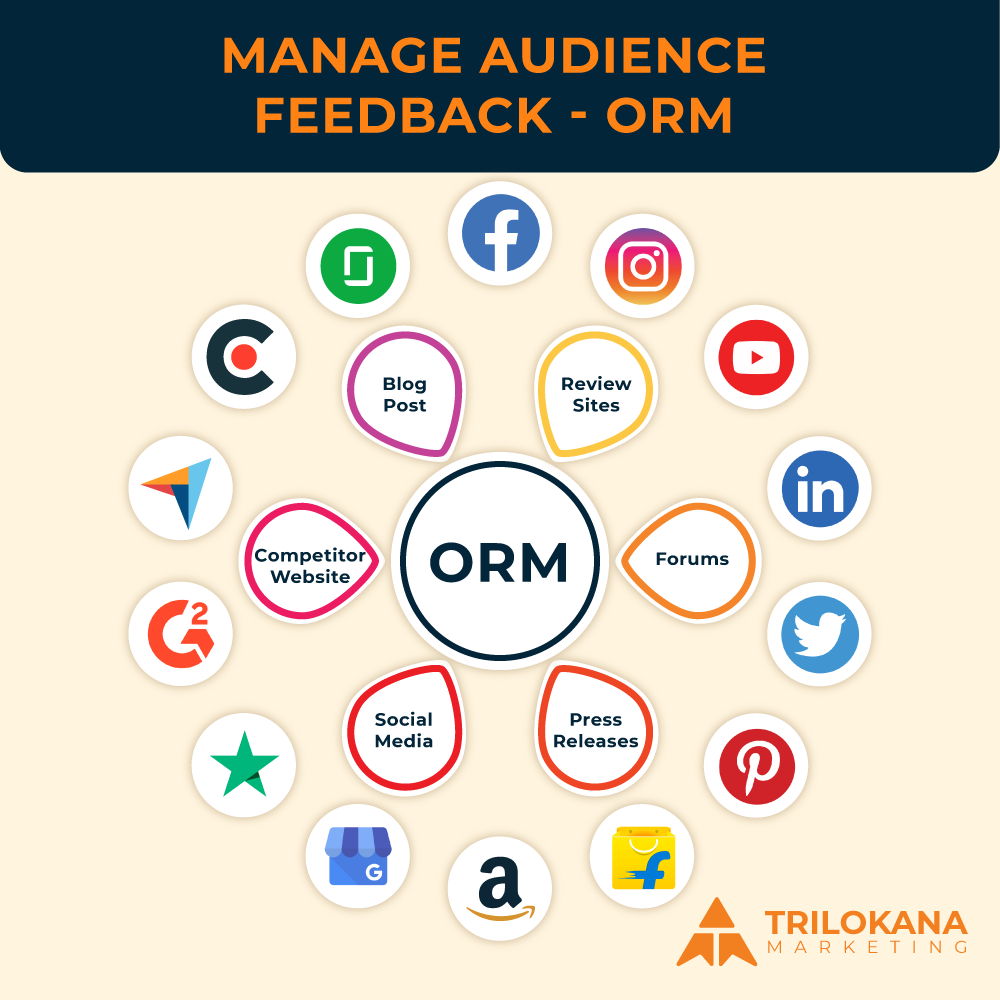Introduction
In the modern digital landscape, where personalization and efficiency are paramount, the combination of Artificial Intelligence (AI) and Marketing Automation has emerged as a game-changer. These two technologies are revolutionizing the way businesses interact with customers, enabling more targeted, personalized, and efficient marketing strategies. By automating routine tasks and leveraging AI’s predictive capabilities, companies can not only enhance customer experiences but also achieve significant improvements in campaign performance and ROI.
This article explores how AI and marketing automation complement each other, the benefits they bring to businesses, and how to implement them effectively to stay ahead in today’s competitive market.
- Understanding AI and Marketing Automation
1.1 What is AI in Marketing?
AI in marketing involves the use of artificial intelligence technologies, such as machine learning, natural language processing, and predictive analytics, to enhance and optimize marketing efforts. AI can analyze large datasets, identify patterns, and predict outcomes, enabling marketers to make data-driven decisions and deliver personalized experiences at scale.
1.2 What is Marketing Automation?
Marketing automation refers to the use of software platforms and technologies to automate repetitive marketing tasks such as email campaigns, social media posting, and lead nurturing. By automating these tasks, businesses can increase efficiency, reduce human error, and maintain consistent communication with their audience.
Image Suggestion:
- A flowchart showing how AI and marketing automation work together, with AI analyzing data and marketing automation executing tasks based on AI insights.
- The Synergy Between AI and Marketing Automation
2.1 Enhancing Personalization with AI
One of the most significant benefits of combining AI with marketing automation is the ability to deliver highly personalized content. AI can analyze customer data to understand preferences, behaviors, and needs. Marketing automation then uses this data to deliver the right message to the right person at the right time, creating a personalized customer journey.
2.2 Streamlining Processes and Increasing Efficiency
AI can help automate decision-making processes by analyzing data in real-time and suggesting or implementing actions without human intervention. This reduces the time and effort required to manage campaigns, allowing marketers to focus on strategy and creativity.
Image Suggestion:
- An infographic illustrating the customer journey with AI-driven personalization and marketing automation touchpoints.
- AI-Driven Predictive Analytics in Marketing Automation
3.1 Predicting Customer Behavior
AI’s predictive analytics capabilities allow businesses to anticipate customer behavior and preferences. By analyzing historical data, AI can predict which products or services a customer is likely to be interested in, enabling marketers to target them with personalized offers through automated campaigns.
3.2 Optimizing Campaigns in Real-Time
AI can continuously monitor and analyze campaign performance, making adjustments in real-time to optimize outcomes. For example, if an email campaign isn’t generating the expected engagement, AI can tweak the content, timing, or target audience to improve results.
Image Suggestion:
- A dashboard view showing real-time campaign performance and AI-driven predictive analytics guiding campaign adjustments.
- Automating Content Creation and Distribution
4.1 AI in Content Creation
AI tools can assist in generating content that is not only relevant and engaging but also tailored to the preferences of specific audience segments. For instance, AI can write personalized email subject lines, social media posts, or even blog articles that resonate with the target audience.
4.2 Automated Content Distribution
Once content is created, marketing automation platforms can distribute it across various channels based on predefined rules or AI-driven insights. This ensures that the content reaches the right audience at the right time, maximizing its impact.
Image Suggestion:
- Examples of AI-generated content, such as personalized email subject lines or social media posts, alongside a marketing automation platform distributing the content.
- Enhancing Lead Nurturing with AI and Automation
5.1 Automated Lead Scoring
AI can analyze lead behavior and engagement to automatically score leads based on their likelihood to convert. Marketing automation platforms can then prioritize high-scoring leads, ensuring that sales teams focus their efforts on prospects most likely to convert.
5.2 Personalized Lead Nurturing
AI can tailor lead nurturing campaigns based on the unique characteristics and behaviors of each lead. Automated workflows can send personalized emails, recommend products, or offer discounts at the most opportune moments, increasing the chances of conversion.
Image Suggestion:
- A diagram showing the lead nurturing process, with AI scoring leads and marketing automation delivering personalized content based on lead scores.
- Measuring and Analyzing Campaign Success
6.1 AI in Performance Tracking
AI-powered tools can track and analyze the performance of marketing campaigns across various channels. These tools provide insights into what’s working and what isn’t, allowing marketers to make data-driven decisions to improve future campaigns.
6.2 Automated Reporting
Marketing automation platforms can generate reports automatically, summarizing key metrics such as open rates, click-through rates, and conversion rates. These reports, enhanced by AI analysis, help marketers understand the effectiveness of their campaigns and identify areas for improvement.
Image Suggestion:
- A sample marketing report generated by an AI-powered automation platform, highlighting key performance indicators (KPIs) and actionable insights.
- Case Studies: Success Stories of AI and Marketing Automation
7.1 Case Study 1: E-Commerce Success with AI-Driven Automation
An e-commerce company implemented AI and marketing automation to personalize its marketing campaigns. By using AI to analyze customer behavior and automate personalized email campaigns, the company saw a significant increase in conversion rates and customer satisfaction.
An e-commerce company adopted AI and marketing automation to personalize its marketing campaigns, achieving remarkable results in conversion rates and customer satisfaction. By leveraging AI to analyze customer behavior, including browsing history, purchase patterns, and engagement metrics, the company gained deep insights into individual preferences and buying habits. This data-driven approach enabled the creation of highly targeted and personalized email campaigns.
Using marketing automation, the company efficiently deployed these tailored emails at optimal times, ensuring that each message resonated with the recipient’s specific interests and needs. Automated workflows further allowed for dynamic content updates and real-time responses based on user interactions.
As a result, the company experienced a significant boost in conversion rates, with more customers completing purchases. Enhanced personalization also led to higher customer satisfaction, as recipients felt more valued and understood. This strategic use of AI and automation exemplifies how technology can transform marketing effectiveness and drive business growth.
7.2 Case Study 2: B2B Marketing Transformation
A B2B company leveraged AI and marketing automation to improve lead generation and nurturing. The company used AI to score leads and automate personalized content delivery, resulting in a more efficient sales process and higher lead conversion rates.
A B2B company successfully leveraged AI and marketing automation to enhance lead generation and nurturing processes. By implementing AI-driven lead scoring, the company assessed and prioritized leads based on factors such as engagement level, company size, and industry fit. This approach ensured that the sales team focused their efforts on high-potential leads, optimizing their time and resources.
Additionally, AI facilitated the automation of personalized content delivery, tailoring communication and content to each lead’s specific interests and needs. Automated workflows managed by AI delivered targeted emails, relevant resources, and timely follow-ups, keeping leads engaged throughout their decision-making journey.
The integration of AI and marketing automation resulted in a more streamlined and efficient sales process. The company saw a notable increase in lead conversion rates, as personalized content and timely interactions effectively nurtured leads, turning them into valuable customers and boosting overall sales performance.
Image Suggestion:
- Before-and-after charts showing the impact of AI and marketing automation on key business metrics such as conversion rates and lead generation.
- The Future of AI and Marketing Automation
8.1 Emerging Trends in AI-Driven Marketing Automation
The future of AI and marketing automation is filled with potential as new technologies emerge. Trends such as AI-powered voice search optimization, automated video content creation, and AI-driven customer service chatbots are set to further revolutionize how businesses engage with their customers.
8.2 Preparing for the AI-Driven Future
Businesses must stay ahead of the curve by continuously adopting and integrating AI-driven marketing automation tools. This will enable them to maintain a competitive edge, meet evolving consumer expectations, and achieve long-term success.
Image Suggestion:
- A futuristic visual showcasing potential AI and marketing automation innovations, such as AI-powered chatbots and automated content creation tools.
Conclusion
AI and marketing automation are indeed a perfect match, transforming the way businesses approach digital marketing. By combining the predictive power of AI with the efficiency of marketing automation, companies can create more personalized, effective, and scalable marketing strategies. As these technologies continue to evolve, their integration will become even more critical for businesses aiming to stay competitive in the digital age.
Incorporating AI and marketing automation into your marketing strategy is not just a trend—it’s a necessity for achieving success in today’s fast-paced digital environment. By leveraging these tools effectively, businesses can optimize their marketing efforts, drive better results, and build stronger relationships with their customers.
Final Image Suggestion:
- A collage of AI and marketing automation tools and their impact on different aspects of digital marketing, such as content creation, lead nurturing, and performance analysis.
This detailed article provides a comprehensive exploration of how AI and marketing automation work together to enhance marketing strategies, offering practical insights, real-world examples, and visual suggestions to help businesses implement these technologies effectively.



